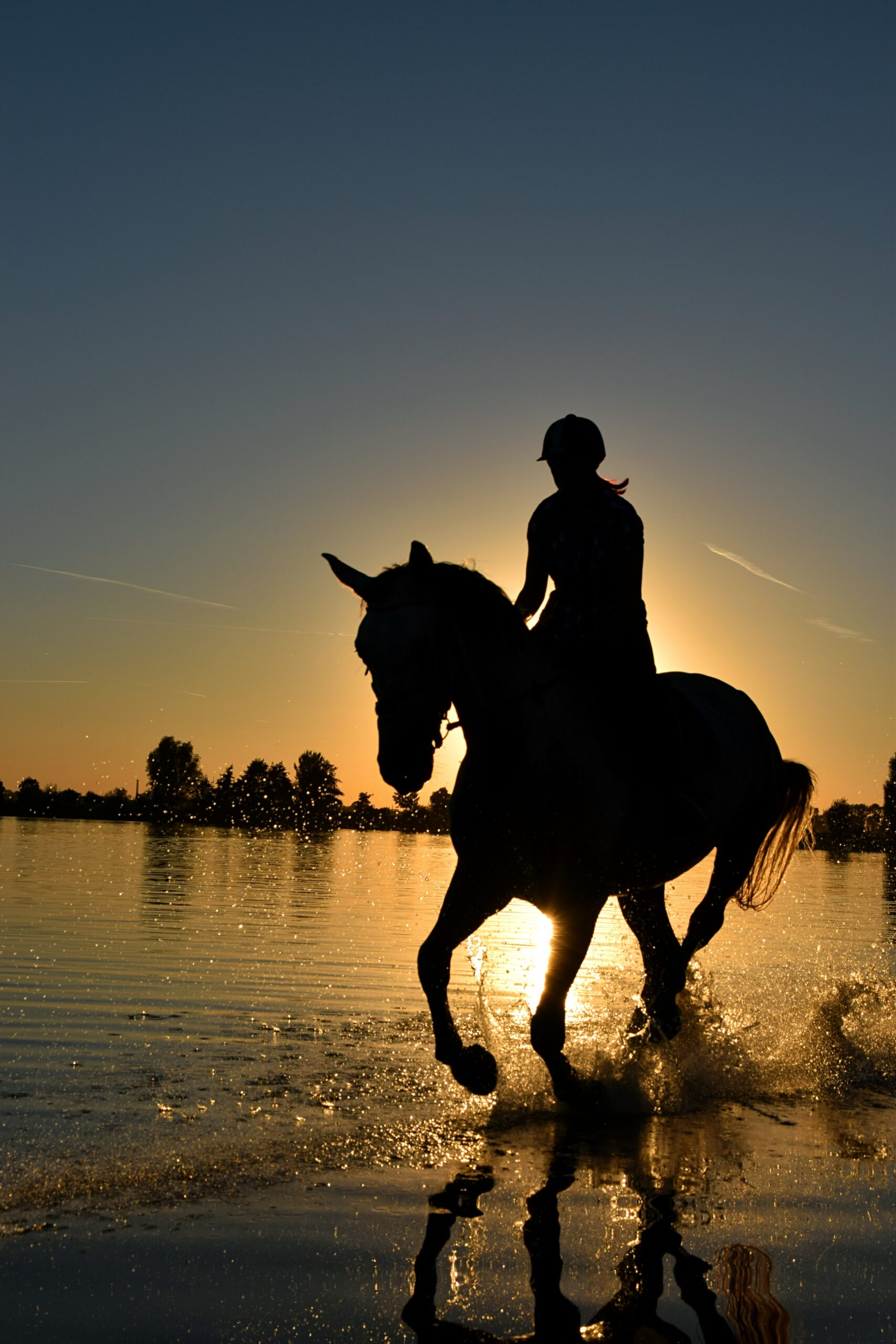Hey y’all, it’s Tom here. I remember one time, I was out on the ranch and it was raining cats and dogs. I had on my raincoat, but my poor horse Whiskey, well he didn’t have a raincoat on at all. I figured horses are just tough like that, they can handle a little rain.
But as the day went on, Whiskey started getting drenched and acting real sluggish. That’s when I realized, I may be tough, but my horse ain’t no duck. He needed some extra protection from the rain.
So, I started thinking about the different types of shelter for horses in the rain and what you can do to help keep them dry. And let me tell you, it’s important to have a plan in place for wet weather. A wet horse can lead to all sorts of health problems, like pneumonia, colic, and more.
Table of Contents
Stables and Barns
One type of shelter for horses in the rain is a stable or barn. These are enclosed structures that provide protection from the elements. Stables and barns can be made of wood, metal, or other materials, and they usually have a roof and walls to keep the rain out.
Stables and barns can be a great option for horses, especially if they’re elderly or have health issues that make them more prone to getting sick in the rain. Just be sure to keep the stable or barn clean and well-ventilated to prevent the buildup of mold and bacteria.
Run-In Sheds
Another type of shelter for horses in the rain is a run-in shed. A run-in shed is a simple structure with a roof and open sides. It’s usually big enough for a horse to stand inside and stay relatively dry.
Run-in sheds can be a good option for horses that are turned out in a pasture, as they provide some protection from the rain without completely enclosing the horse. Just be sure to position the shed in a way that allows the horse to escape the rain, but not the wind.
Tarp Shelters
If you don’t have a stable, barn, or run-in shed available, you can always use a tarp to create a temporary shelter for your horse. All you need is a sturdy tarp, some rope or bungee cords, and a few stakes or poles to hold everything in place.
To set up a tarp shelter, simply drape the tarp over the stakes or poles and secure it in place. You can then position the shelter in a way that provides the horse with some protection from the rain. Just be sure to check the tarp regularly to make sure it’s not sagging or blowing away in the wind.
Natural Shelters
If you don’t have any man-made shelter options available, you can always look for natural shelters for your horse. This could include trees, hills, or other natural features that provide some protection from the rain.
Just be sure to assess the safety of the natural shelter before letting your horse use it. You don’t want your horse to get injured by falling branches or other hazards.
FAQ: A Few Common Questions
Q: Can horses get sick from standing in the rain?
Yes, horses can get sick from standing in the rain, especially if they’re exposed to the elements for an extended period of time.
Wet conditions can lead to all sorts of health problems, including pneumonia, colic, and more. That’s why it’s so important to provide your horse with shelter when it’s raining.
Q: How long can a horse stay outside in the rain?
It depends on the specific circumstances. Some horses can handle being outside in the rain for short periods of time, while others might need to come in as soon as it starts raining.
It’s important to consider your horse’s age, breed, and overall health when deciding how long they can stay outside in the rain.
Q: Can horses get hypothermia in the rain?
Yes, horses can get hypothermia in the rain, especially if they’re wet and exposed to cold temperatures for an extended period of time.
If you suspect that your horse has hypothermia, you’ll need to get them to a warm place and call your veterinarian as soon as possible.
Conclusion: Keep Your Horse Dry and Happy
So there you have it, a few options for sheltering your horse in the rain. Just remember, a dry horse is a happy horse, so don’t be afraid to spoil them with a cozy stable or a sturdy tarp.
And as always, if you have any concerns about your horse’s health, be sure to call your veterinarian.
